Did Our Ancestors Celebrate the Fall Equinox?
Did our ancestors celebrate the fall equinox? The question is an interesting one, and left for much interpretation. Certainly, some of our ancestors did pay attention to the equinox, as marked by many paleolithic stone circles. However, if we’re talking about those ancestors in the Viking Age, the idea gets a bit more muddled. I’ll explain.
What Exactly is the Fall Equinox?
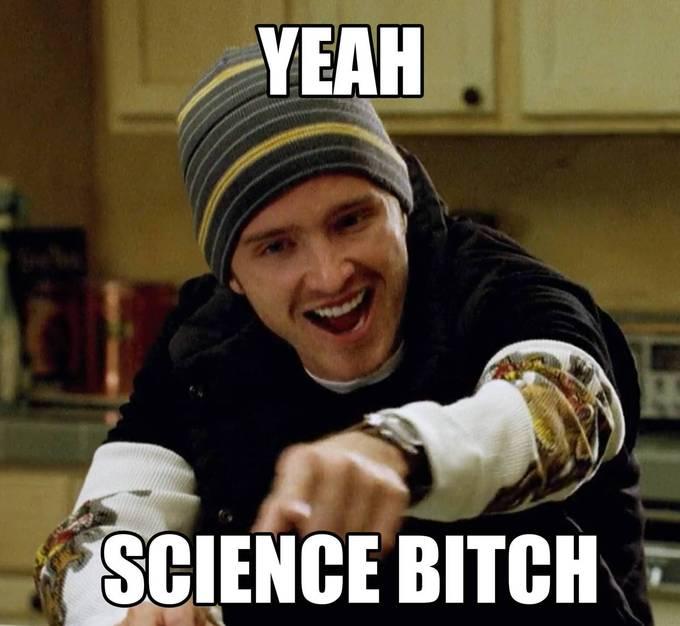
For those of you who don’t know, the equinox is the time when the sun shines directly on the equator. To explain how that happens, we’ll have to refresh our basic astronomy.
Our planet, Earth, revolves around the sun. One circuit around the sun equals one year. The Earth spins around its axis as well, and the length of time it takes to make one full revolution is approximately 24 hours. With me so far?

But the Earth’s axis is tilted compared to the plane of its path around the sun. The Earth is tilted because it “spins” similar to a top. But unlike a top, the Earth’s wobble occurs over millions of years, and not seconds, like the toy. Because the Earth is in a tilt, it stays in the tilt as it revolves around the sun. So, winter occurs in our hemisphere when our hemisphere is furthest away from the sun. That is the winter solstice. The equinox occurs midway between winter and summer solstice when the sun is equal distant between the North and South poles.
Did Our Ancestors Recognize the Equinox?
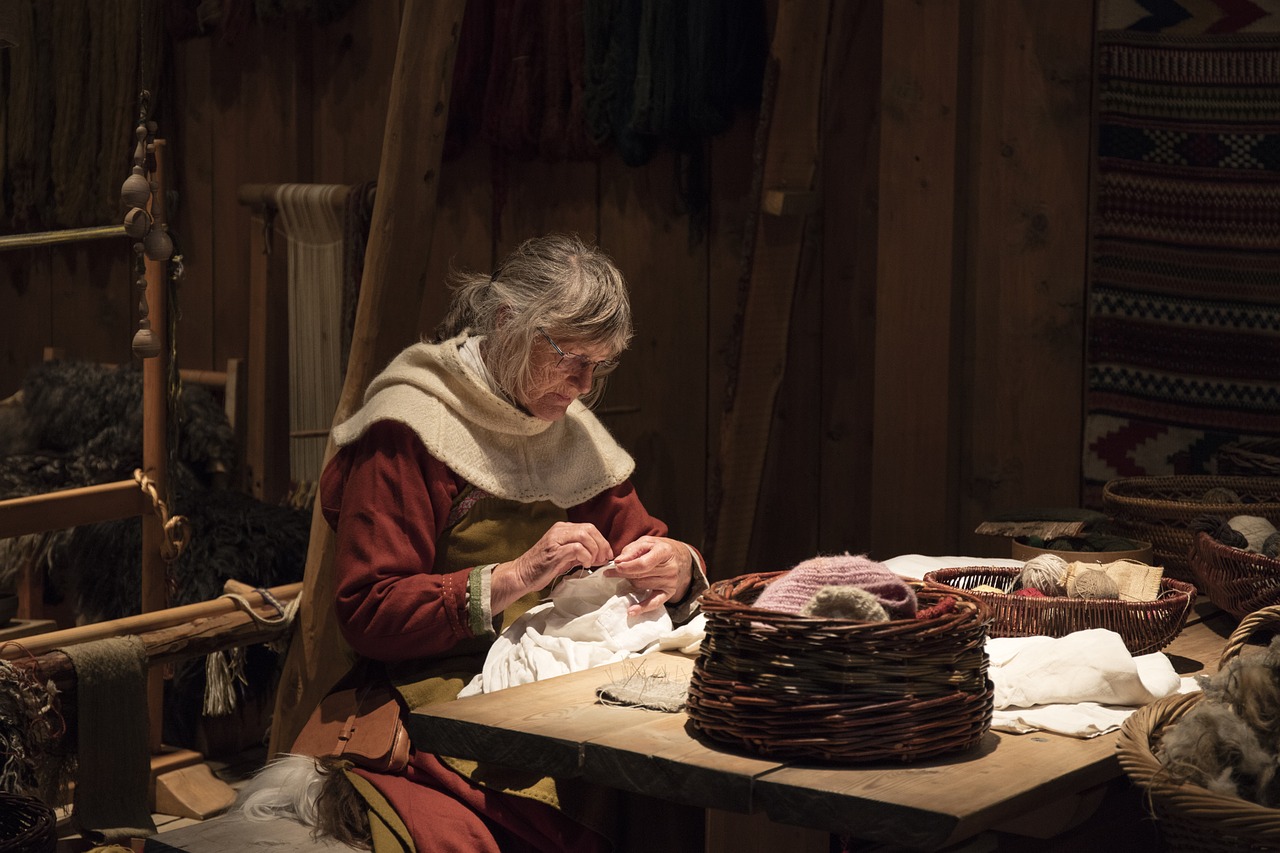
So, the equinox occurs when the sun crosses the equator, giving us a near equal day and night. Hence the name, Equinox, meaning “equal night.” But did our ancestors recognize the equinox, and did it have any special meaning to them? Did they celebrate the fall equinox? (Or spring equinox, for that matter?)
We can look at various archaeological digs and find that yes, our ancestors did know about the equinox, and in some cultures, it must have had a religious significance. Stonehenge and Newgrange are two archaeological sites that keep track of the solstices and eclipses. Other sites across Ireland and Great Britain may also track the sun.
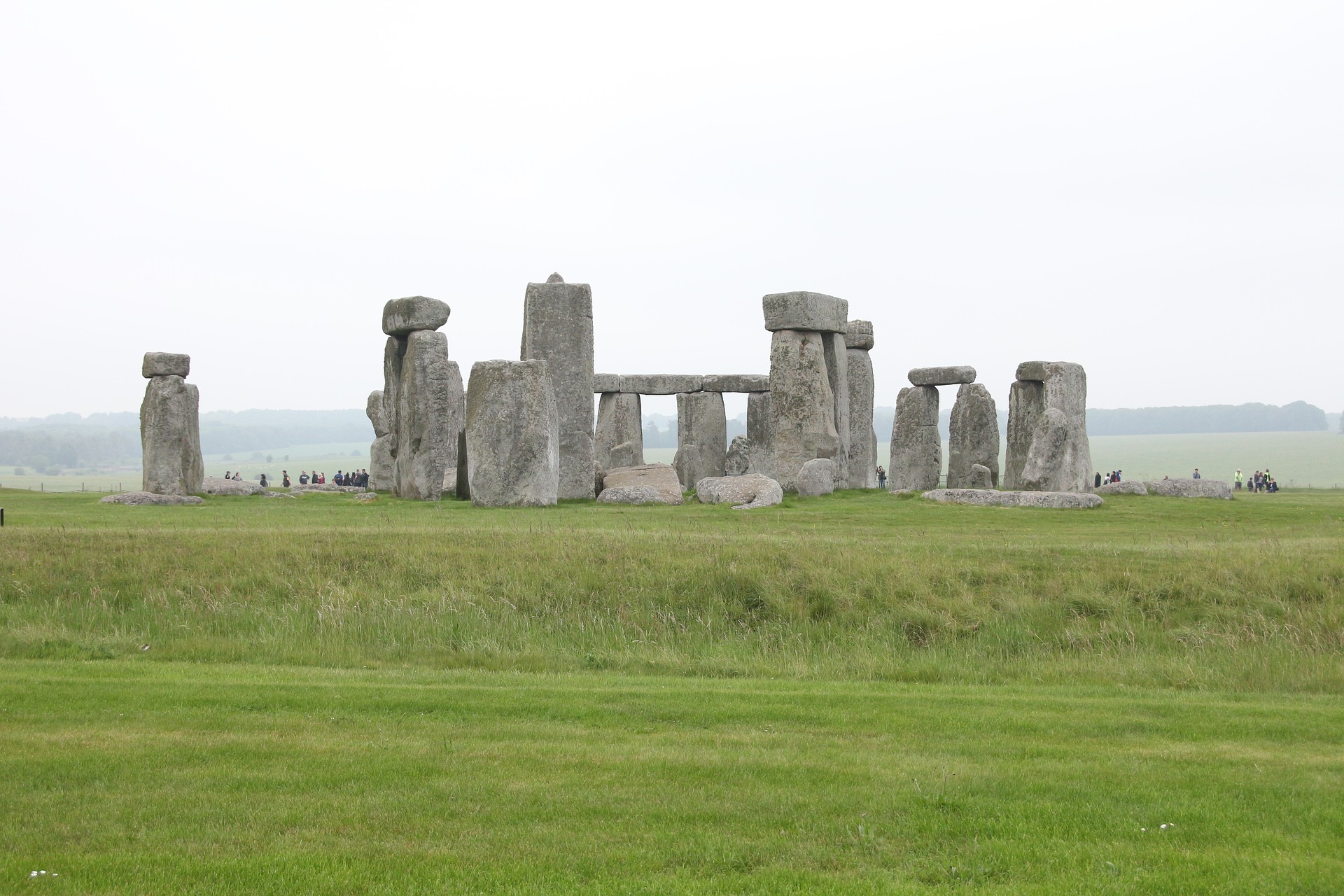
Other cultures, notably the Mayans, Chinese, Native Americans, and Egyptians also tracked the sun with their pyramids and monuments. So, it is likely that ancient European cultures were aware of the equinoxes. But how did our Northern ancestors celebrate the Fall equinox?
The Northern Ancestors’ Year
The Norse kept a calendar that had only two seasons: winter and summer. The reason is pretty obvious. There was snow, and there was no snow and farming time. The solstices seemed to have played a bigger role in Norse beliefs, hence Yule and Midsummer.

That being said, it doesn’t mean that the peoples in the Viking Era weren’t aware of the equinoxes. Certainly, during the fall equinox, people were busy with the harvest. But they would hold harvest festivals to celebrate and give thanks for a good harvest. I can’t imagine that they wouldn’t mark the equinox in some fashion, since it meant the night would overtake the daylight. No doubt many Northern peoples looked at the equinox as the herald of the upcoming winter darkness.
Solstices were More Important

Other pagan cultures celebrated Mabon, and today we have Winter Finding. As much as I would like to think the equinoxes were important, I suspect that the Solstices were more so. The first month of winter is in October in the old Norse calendar, and the first month of summer is in April. So, obviously the spring and fall equinox wasn’t as important as the solstices. But, they still had some importance. Eostre was celebrated close to the spring equinox and harvest celebrations were close to the fall equinox.
As always, if you have insights, be sure to let me know.
—
A special thanks to Sarra Keene for being my patron on Patreon! She helps make this blog possible. You can become a patron like Sarra and support great Heathen content for the cost of one latte a month! Check it out: Become a Patron!

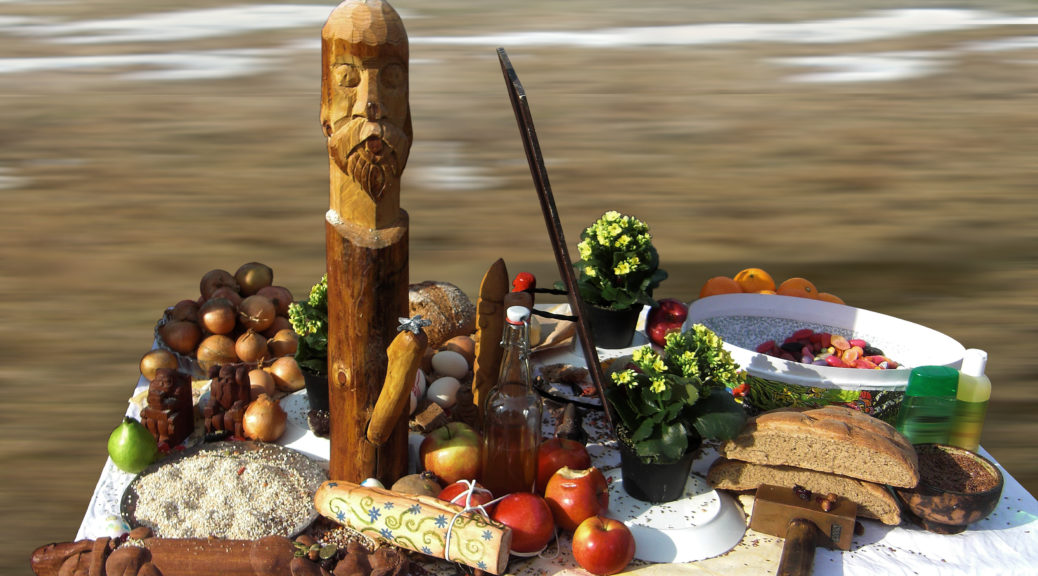
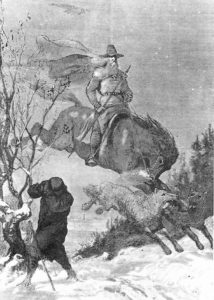 Choosing a god
Choosing a god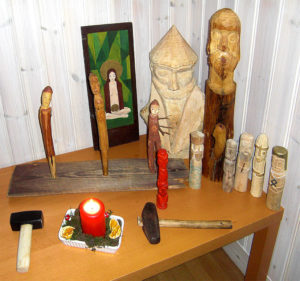 Some Heathens in history incorporated other gods and goddesses into their worship as they learned of them from other tribes, kindreds, and even other ethnicities. The Vanir are probably the best known for this. Some scholars believe that our ancestors added another tribe’s gods and goddesses that became the Vanir. Even when Christianity came to our northern ancestors, many tried to incorporate Jesus as another god in the pantheon. Of course, that didn’t really work too well, but we can see by the Icelandic Cross, jewelry makers were catering to both sides for a while.
Some Heathens in history incorporated other gods and goddesses into their worship as they learned of them from other tribes, kindreds, and even other ethnicities. The Vanir are probably the best known for this. Some scholars believe that our ancestors added another tribe’s gods and goddesses that became the Vanir. Even when Christianity came to our northern ancestors, many tried to incorporate Jesus as another god in the pantheon. Of course, that didn’t really work too well, but we can see by the Icelandic Cross, jewelry makers were catering to both sides for a while.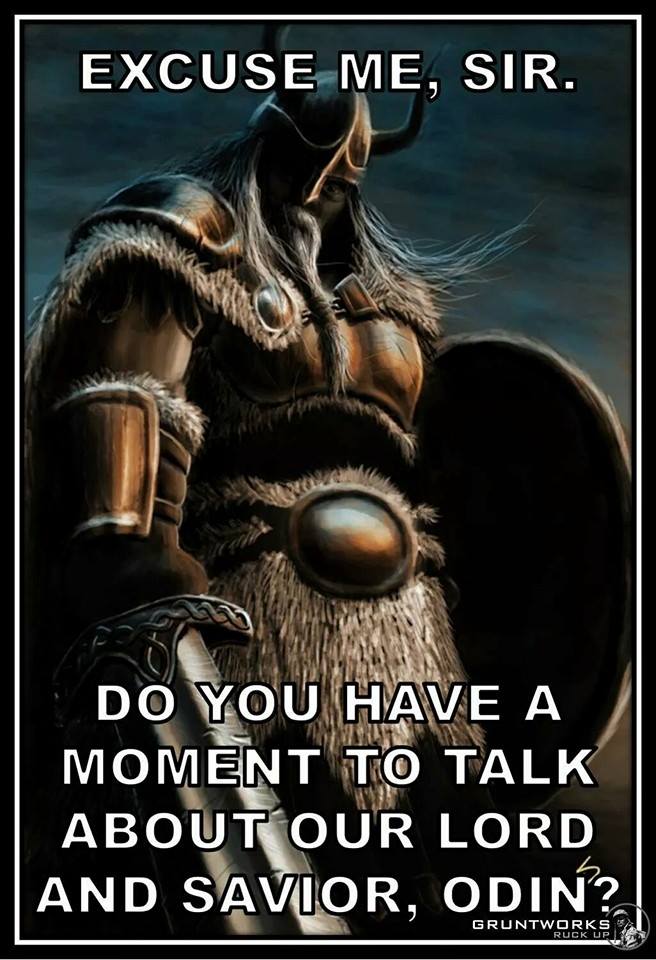 A lot of newbie Heathens tend to go with Odin, Thor, Freyja, or Loki, largely because of popular media. This is fine, and those gods are good within their own rights (although people might argue about Loki), however, that’s pretty much how far those new Heathens take it. They look at Odin as the All-Father in the same way that Christians look at Yahweh as “God the Father.” This comparison is laughable—or, maybe not, given the mercurial temperaments of both deities—when they are different in a number of ways. There are more gods and goddesses that may be far more influential and far more relevant in one’s life than the All-Father.
A lot of newbie Heathens tend to go with Odin, Thor, Freyja, or Loki, largely because of popular media. This is fine, and those gods are good within their own rights (although people might argue about Loki), however, that’s pretty much how far those new Heathens take it. They look at Odin as the All-Father in the same way that Christians look at Yahweh as “God the Father.” This comparison is laughable—or, maybe not, given the mercurial temperaments of both deities—when they are different in a number of ways. There are more gods and goddesses that may be far more influential and far more relevant in one’s life than the All-Father. grandparents, great-grandparents, and so on. They are the people whose blood runs through your veins. Without them, you would not be alive today.
grandparents, great-grandparents, and so on. They are the people whose blood runs through your veins. Without them, you would not be alive today.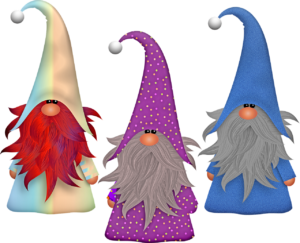 The Wights can be very helpful or harmful, depending on their nature and how you treat them. There are rules to make the Nisse happy, for example. Nisse or Tomte like having porridge with milk and a pat of butter on either Winter Solstice or Christmas, depending on which lore you follow. If you skimp (no butter) or don’t leave the offering, they can cause havoc.
The Wights can be very helpful or harmful, depending on their nature and how you treat them. There are rules to make the Nisse happy, for example. Nisse or Tomte like having porridge with milk and a pat of butter on either Winter Solstice or Christmas, depending on which lore you follow. If you skimp (no butter) or don’t leave the offering, they can cause havoc.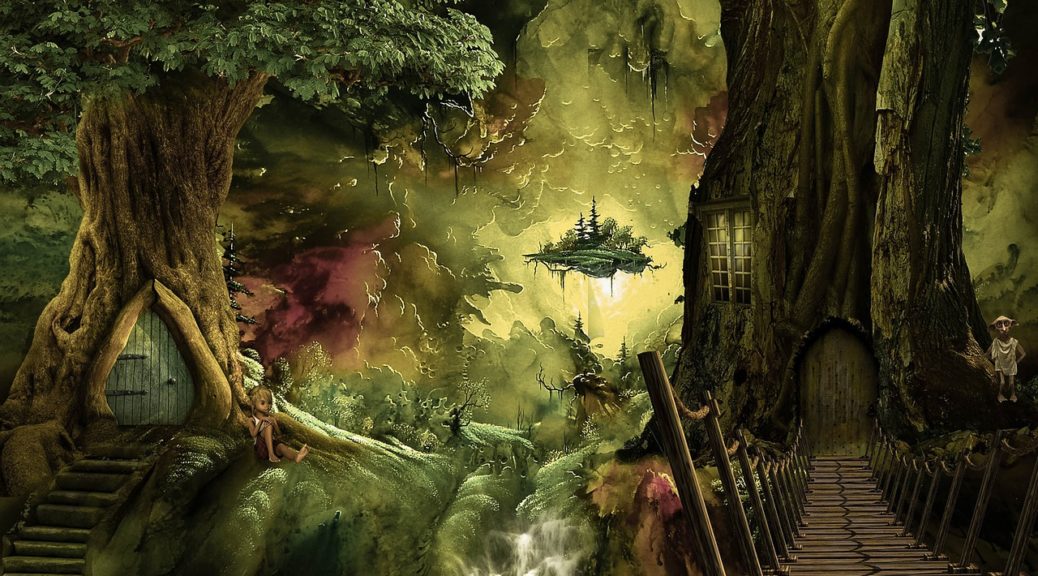


 It’s my guess—and you folks can argue with me over this—that most Heathens are pretty convinced that wights aren’t corporeal creatures, but more likely spirits. Or maybe they consider wights the personification of the natural forces at work. In other words, they aren’t really singular entities. Some people feel that they are ancestors—and yes, there are good cases for this. And some people believe them to be a little below gods. Again, there is a case for that as well.
It’s my guess—and you folks can argue with me over this—that most Heathens are pretty convinced that wights aren’t corporeal creatures, but more likely spirits. Or maybe they consider wights the personification of the natural forces at work. In other words, they aren’t really singular entities. Some people feel that they are ancestors—and yes, there are good cases for this. And some people believe them to be a little below gods. Again, there is a case for that as well.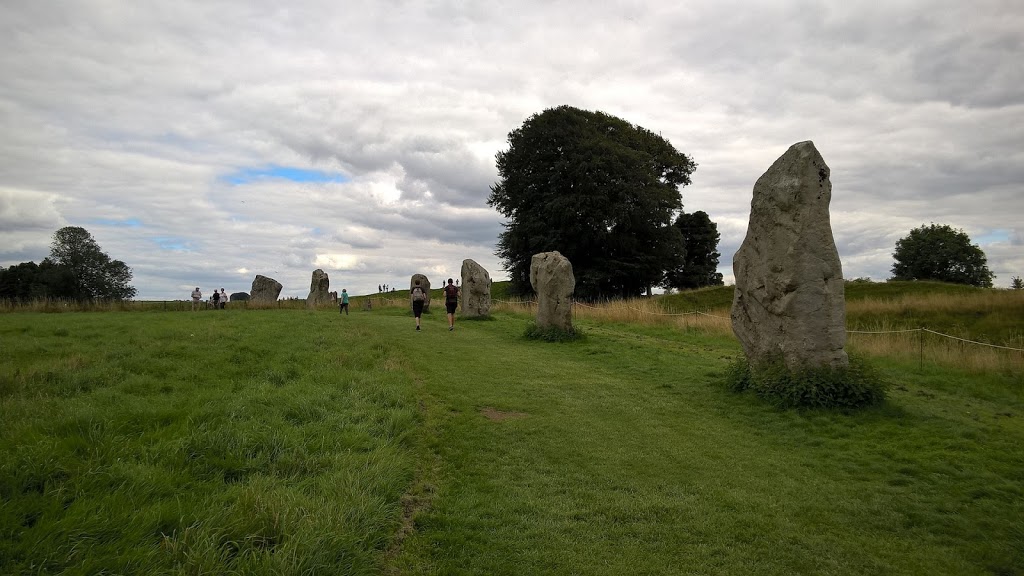
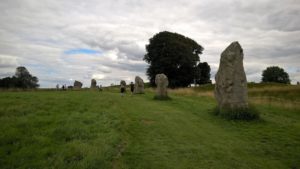 Before I get into the supposition that the gods are with us, let me address the personal nature of the gods, themselves. There are Heathens who believe that our gods really aren’t personal deities. That the concept of a personal deity comes from Christianity and those concepts taint our modern day beliefs.
Before I get into the supposition that the gods are with us, let me address the personal nature of the gods, themselves. There are Heathens who believe that our gods really aren’t personal deities. That the concept of a personal deity comes from Christianity and those concepts taint our modern day beliefs. 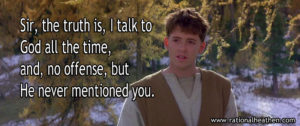 These aforementioned gods that have very little to do with humanity are not the gods I am talking about. The gods I am talking about are the gods who have made themselves known to humans. Who still make themselves known to humans. Odin, Thor, Freyja, Freyr, Tyr, Loki, Baldr, Skadi, Ullr, Heimdallr,…the list goes on. We would not know them if we did not have contact with them. Sure, you could say that hearing thunder and calling it a god is the basis for Thor, but then, why bother to have positive connotations with a thunder god if he didn’t somehow look benevolently on humans?
These aforementioned gods that have very little to do with humanity are not the gods I am talking about. The gods I am talking about are the gods who have made themselves known to humans. Who still make themselves known to humans. Odin, Thor, Freyja, Freyr, Tyr, Loki, Baldr, Skadi, Ullr, Heimdallr,…the list goes on. We would not know them if we did not have contact with them. Sure, you could say that hearing thunder and calling it a god is the basis for Thor, but then, why bother to have positive connotations with a thunder god if he didn’t somehow look benevolently on humans? are reserved and only show up at times they deem is suitable. They seldom come when you call –remember, they’re not your bitches. Even if you ask nicely, you can get complete crickets. They may have more important things to pay attention to. Like the entire universe.
are reserved and only show up at times they deem is suitable. They seldom come when you call –remember, they’re not your bitches. Even if you ask nicely, you can get complete crickets. They may have more important things to pay attention to. Like the entire universe. benevolent intentions, you should definitely get a name or an understanding of who or what they are. They shouldn’t be passing themselves off as a god. If they are, I wouldn’t want to deal with them simply because of the dishonesty.
benevolent intentions, you should definitely get a name or an understanding of who or what they are. They shouldn’t be passing themselves off as a god. If they are, I wouldn’t want to deal with them simply because of the dishonesty.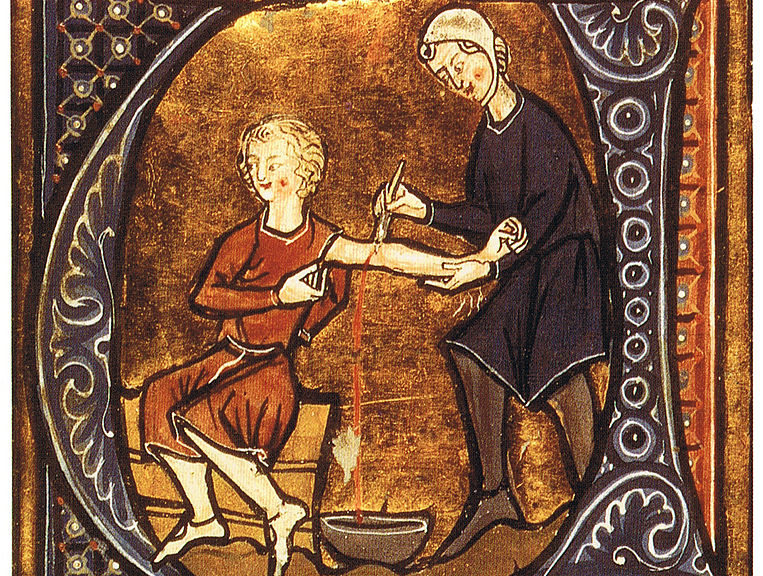
 This spring I had a lesson on why the good old days weren’t that great. Having dealt with the realities of raising livestock, I’ve become far more appreciative of modern medicine, and science, in general. Not that I wasn’t appreciative of science to begin with, but when you see it in action, it changes your worldview. And you start to realize just how tough our ancestors had it then. You also realize how unlikely it was to see 50 years old back then.
This spring I had a lesson on why the good old days weren’t that great. Having dealt with the realities of raising livestock, I’ve become far more appreciative of modern medicine, and science, in general. Not that I wasn’t appreciative of science to begin with, but when you see it in action, it changes your worldview. And you start to realize just how tough our ancestors had it then. You also realize how unlikely it was to see 50 years old back then.

